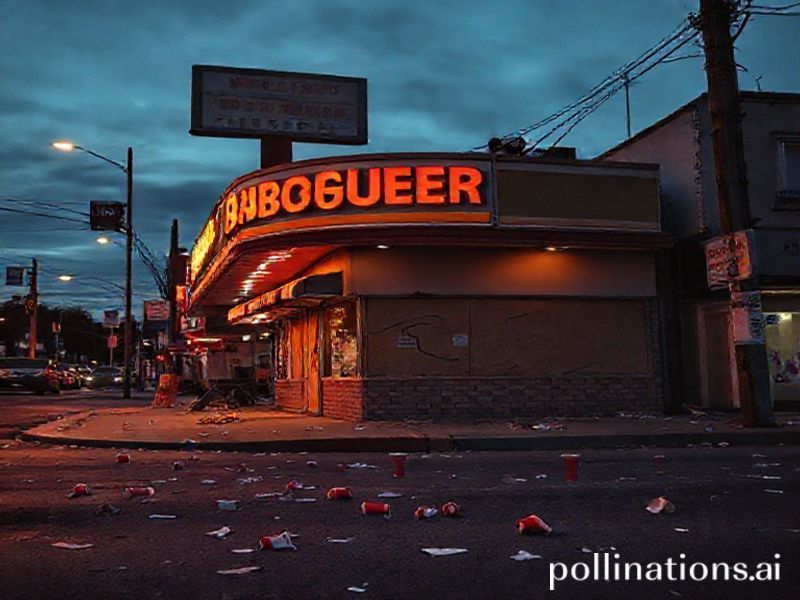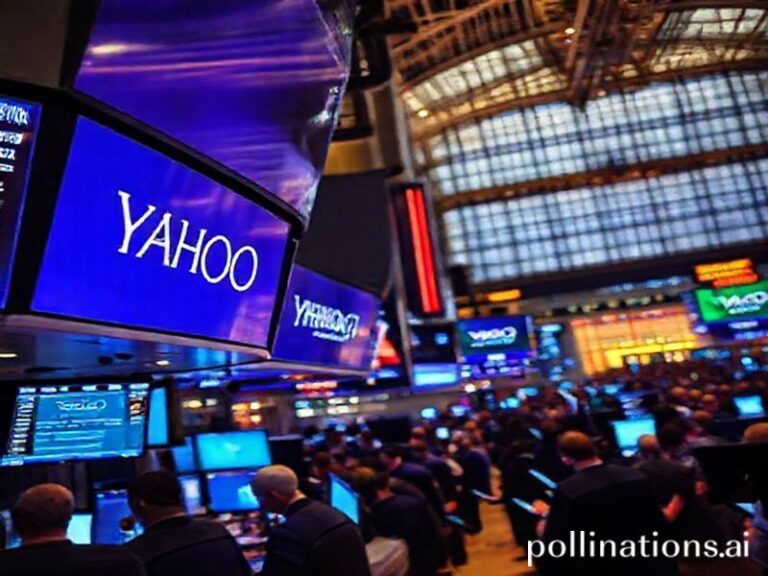The Great Burger Collapse: Why the World is Losing Its Appetite for Fast Food Chains
### The Great Burger Collapse: Why the World is Losing Its Appetite for Fast Food Chains
In a world where memes go viral faster than a sneeze in a crowded room, another trend is sweeping the globe—one that’s a bit harder to laugh off. Hamburger chains, once the undisputed kings of fast food, are shutting down at an alarming rate. From iconic names like McDonald’s to regional favorites, the burger industry is facing a meltdown that’s got everyone from foodies to economists scratching their heads. But why is this happening, and why should you care? Let’s dive in.
#### The Cultural Context: Burgers as a Global Phenomenon
Burgers have long been a symbol of American culture, but their influence extends far beyond the borders of the United States. They’ve become a global staple, representing convenience, affordability, and a taste of the West. For decades, burger chains have been synonymous with fast food, dominating the market with their speedy service and consistent flavors. But times are changing, and the burger empire is crumbling faster than a stale bun left in the sun.
#### The Social Impact: Why Are Burger Chains Closing?
Several factors are contributing to the decline of burger chains worldwide. Let’s break it down:
1. **Health Consciousness**: The world is waking up to the dangers of processed foods, and burgers are squarely in the crosshairs. With obesity rates soaring and health trends like veganism and keto diets gaining traction, people are opting for healthier alternatives. Who needs a double cheeseburger when you can have a kale salad that’s just as Instagram-worthy?
2. **Rise of Fast Casual**: Chains like Chipotle and Sweetgreen have redefined fast food by offering fresher, healthier options at competitive prices. These fast-casual eateries have captured the hearts (and stomachs) of consumers who want quality without the wait. Burger chains, with their greasy menus and lack of customization, are struggling to keep up.
3. **Economic Pressures**: The cost of running a restaurant is skyrocketing, from rent to labor to ingredients. Burger chains, many of which rely on low-wage workers, are finding it increasingly difficult to turn a profit. Add to that the rise of delivery apps like Uber Eats and DoorDash, which cut into dine-in revenue, and you’ve got a recipe for disaster.
4. **Changing Consumer Preferences**: Millennials and Gen Z are driving a shift toward experiences over material goods. They’d rather spend their money on travel, concerts, or unique dining experiences than on a generic burger from a chain. The days of the burger being the go-to meal for a quick bite are numbered.
#### The Significance: What’s Next for the Burger Industry?
The closure of burger chains isn’t just a blip on the radar—it’s a sign of a broader cultural shift. The fast food industry is evolving, and those who can’t adapt are being left behind. For consumers, this means more variety and healthier options. For investors, it’s a wake-up call to diversify their portfolios. And for the burger chains themselves, it’s a moment of reckoning.
But don’t count the burger out just yet. Innovation is key, and some chains are already pivoting to meet the demands of modern consumers. McDonald’s, for example, has introduced plant-based options and embraced delivery services. Others are focusing on sustainability and local sourcing. The future of the burger might not look like the greasy, mass-produced patties of yesteryear, but it’s far from over.
#### Conclusion: The Burger’s Last Stand
The decline of burger chains is a microcosm of the broader changes happening in our world. It’s a story of adaptation, innovation, and the relentless march of progress. As we bid farewell to some of our favorite burger joints, let’s remember that change is inevitable. The question is, will the burger industry rise to the challenge, or will it become a relic of the past? Only time will tell, but one thing’s for sure: the world will keep eating, and the next big thing is just around the corner.







